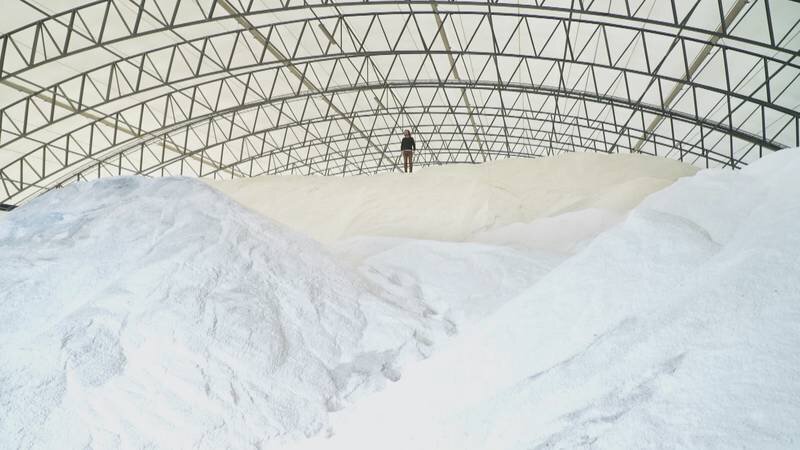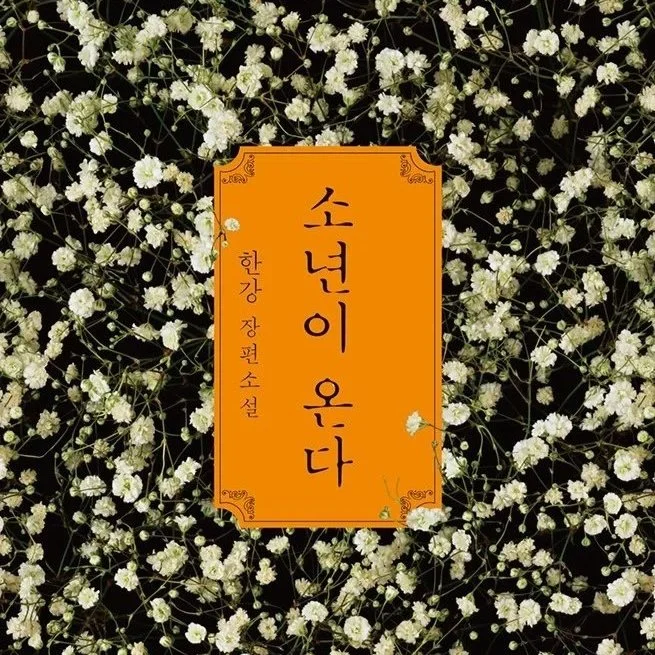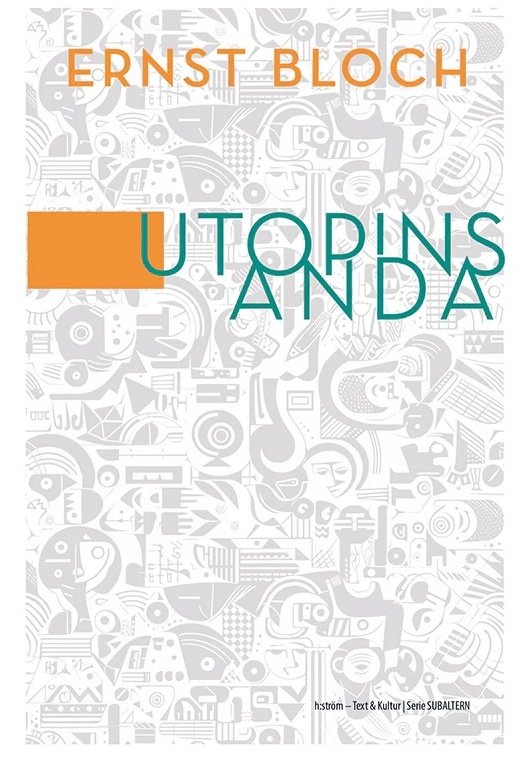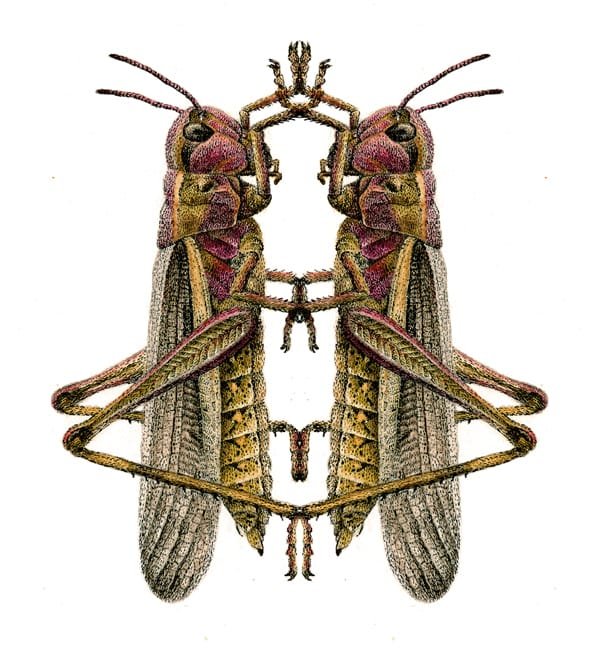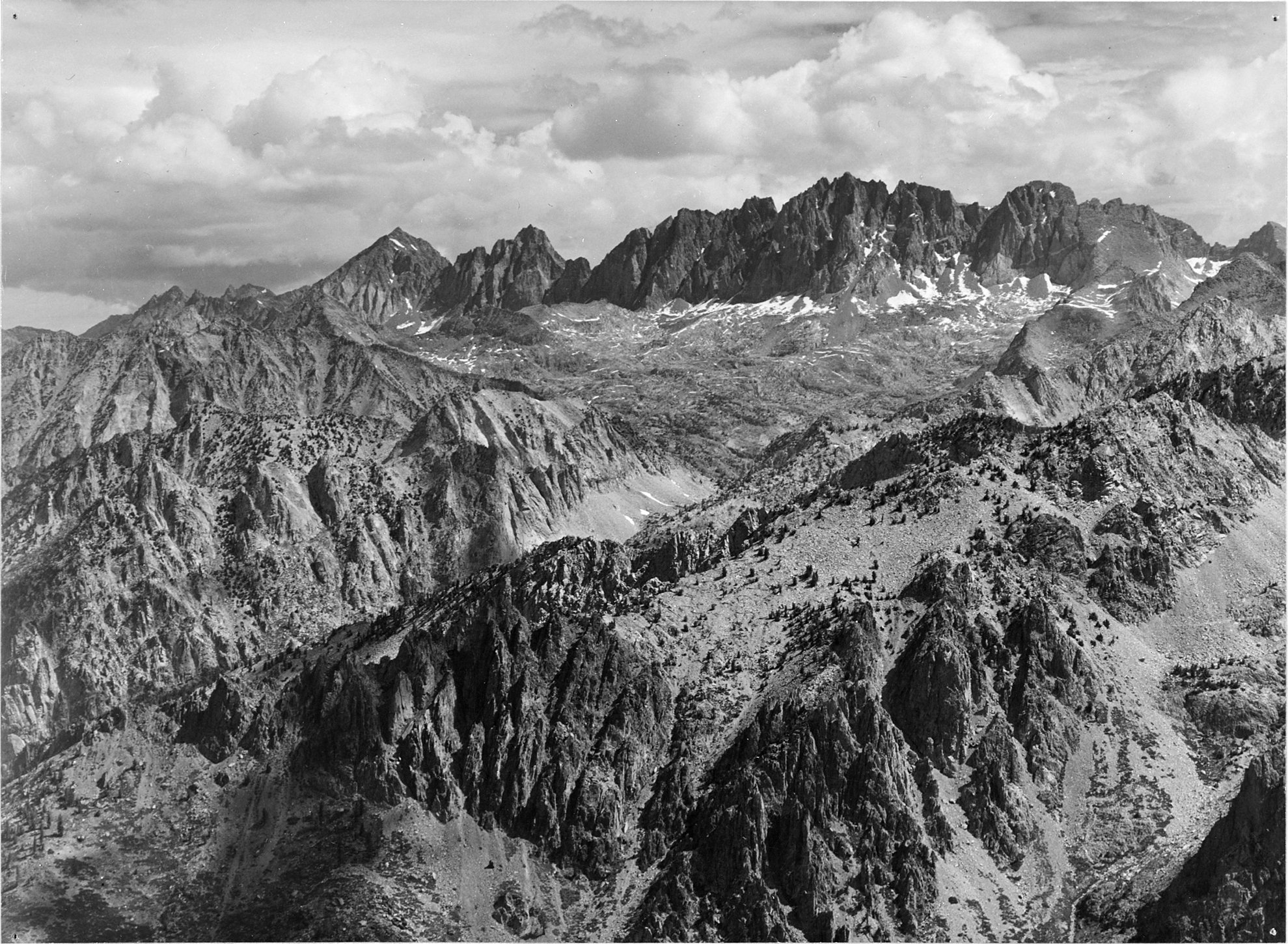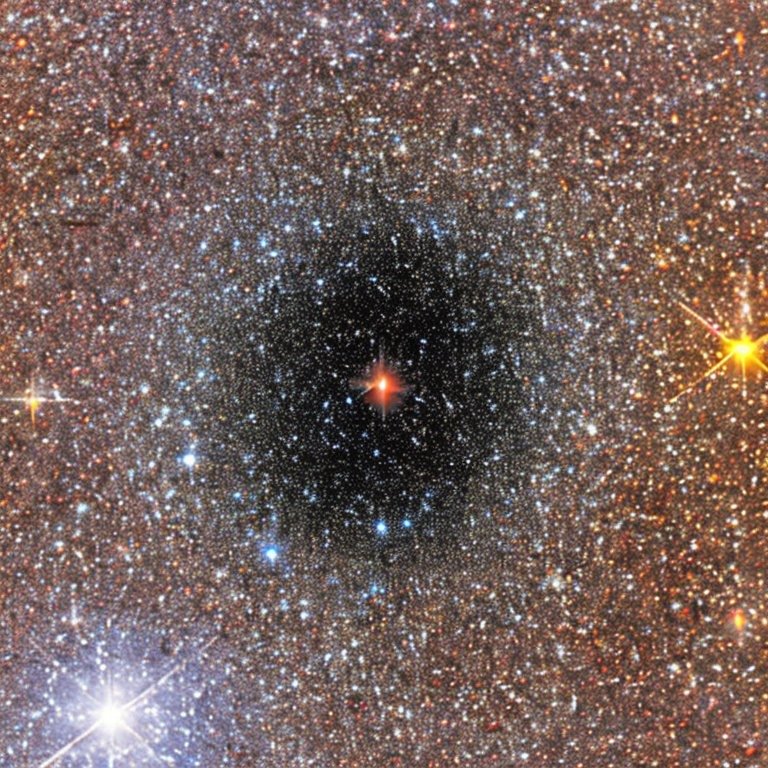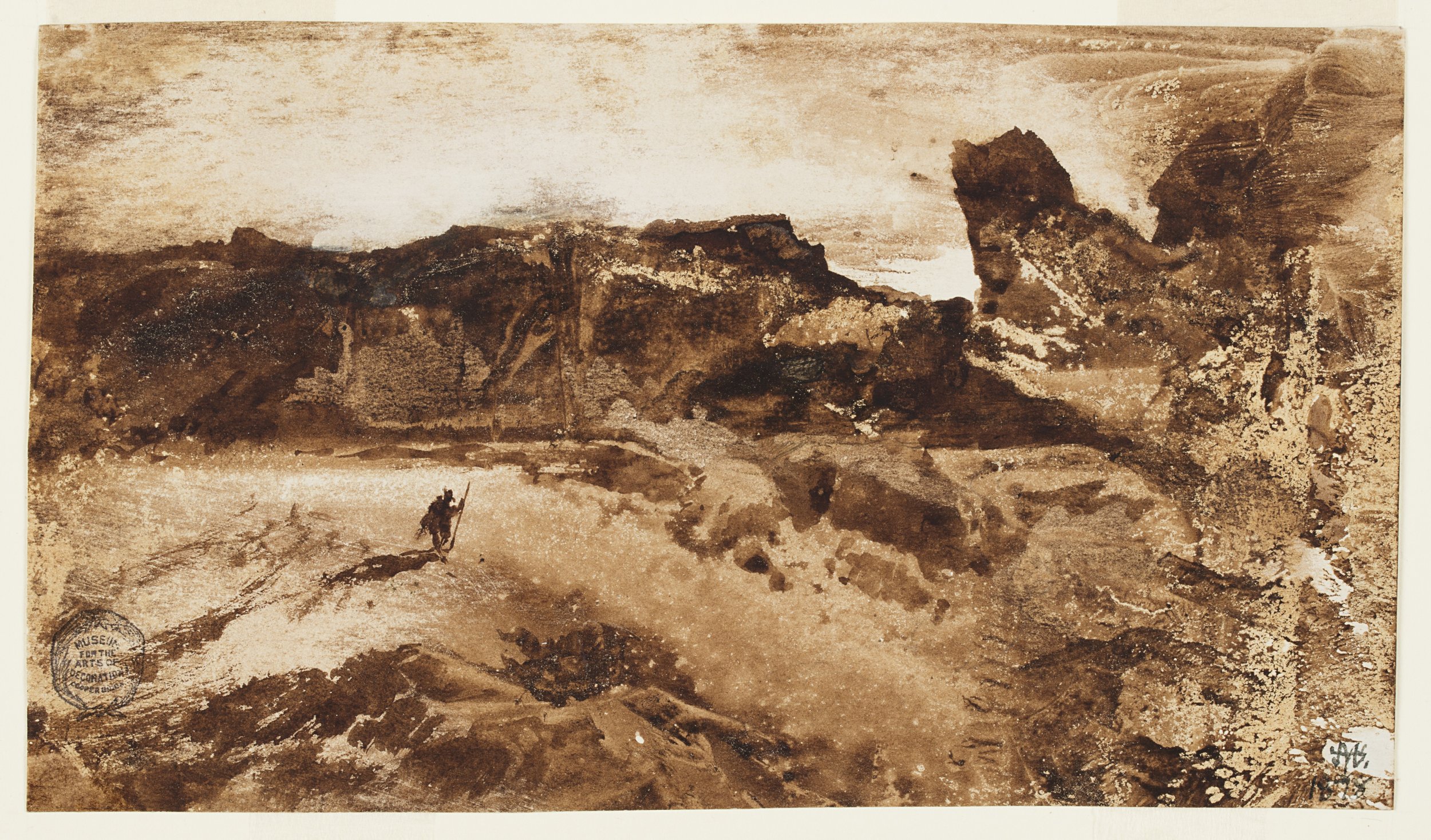Letter to Friends of the Desert
/My dear friends,
There are few things in life more comforting at a time like this than writing letters to your dearest friends. I hope this one finds you as healthy and beautiful as I carry you within me. Some of us are living with great suffering these days, but friendship – that is, being as close as possible to one another – makes it possible for us to share and therefore diminish this suffering if we wish. This is simply because, by virtue of friendship, we are effortlessly led to live with each others’ lives. In this cloister which has taken us in, we must remain open as never before to the wind of friendship which, as we know, is capable of blowing beyond any distance.
As you may have noticed, we have found ourselves, for a few days or weeks depending on our respective countries, reduced to a quarantine in a time which, in a disturbing coincidence, is also that of Lent, a time traditionally devoted to introspection, to renunciation, and perhaps in the end to reconciliation. As anyone who knows me well can attest, I have always thought that there is no such thing as “chance”, and that “chance” was only a way of speaking to reassure ourselves, a superstition with which we force ourselves to believe that what happens, and the way it happens, has no meaning for us. So I thought this coincidence to be part of the signs of the times that we are called to interpret.
In the Gospels it is told that during this time Jesus was “driven” by the Spirit into the desert for forty days, and that there, in this period of asceticism, he suffered the temptations of the devil.
This is a topos that can be found in several stories of the Old Testament, beginning of course with the adventurous journey of the Jewish people to flee persecution. Different stories, but all signs that the desert is a “trial” [prova]. Of course, the life of each of us has passed through desert periods. It does not always go well, and we bear the scars. At least, that has been my experience. But those times when we did come out of it stronger are the ones that, when you think about it, allow us to still be alive. The exceptional thing is that sometimes, as today, the test is at once individual and collective, to the point of involving entire peoples, if not all of humanity.
We who have always scrutinized the inexorable flow of history, looking for the signs of the event that would interrupt it, therefore cannot stand still in the face of what is happening. An extraordinary event, which makes us realize that we don’t have enough words to describe it. The desert is also the absence of words, speeches, repetitive and pleasant sounds. Moreover, in Hebrew, the term used for “word”, dabar, and that for “desert”, midbar, have the same root: from this, we can assume that it is precisely because the desert is a place deprived of words that it is most conducive to the revelation of the Word as an event. The first thing to do, then, is to listen, to tidy up inside oneself enough to be able to welcome the event. But to listen to what, exactly? In an interview with a nun I recently read, she says that obedience is to be understood in its etymological sense, as ob-audire, “to listen before, in front of”. “Listening to reality” is the true meaning of obedience, she concluded in her cloister. I believe it is an exercise of this kind that the period calls for.
In the desert there are no streets, no paths that have already been traced out and need only to be followed. It is the task of those who cross it to orient themselves and find their own way out. There are no shops, there are no sources of water, there are no plants. Everything appears motionless because in the desert there is no production. There are no bars, and there are no social centers. There is nothing that we would imagine there to be in a place considered “livable”. We can say in the end that there is nothing human, and that is why in the book of Deuteronomy it is said that in the desert there is a screaming loneliness. I know very well that a great part of this time we are living through seems to be made essentially of this screaming and dehumanization, and I understand the distrust and horror in which we are sometimes captured and led to despair. The vulgarity of so much of the “music” that falls in the early evening from Italy’s balconies these days does not manage to cover this scream – the scream covers everything. In fact, after the euphoria of the first days, this ritual is already disappearing: many understand that it doesn’t quite sound right. Changing the scream into a song depends on our sensitivity, our tuning to the event. No, we must not twist in despair or freeze in denial. There are many ways of despairing and denying, and often, in the turmoil of which they are made and which they convey, they seem to be opposites. Let’s not be fooled. Let us truly listen to the song of reality.
One must think of how, in those old books, it is said that the Garden of Eden was the first victory over the desert chaos. That it was in fact planted in the center of where there was nothing, neither bushes nor grass, neither river nor anything else. It has indeed remained unforgettable, that garden, as a promise of the happiness to which we aspire: a place of abundance where there is neither work nor exploitation, where everything is in balance with everything. In their best moments, people thought this to be the only existence worth living. Victory in and over the desert means nothing more than access to the possibility of a life that is more true, rich, happy, and therefore more free.
In this precise moment, each one of us lives their own trial [prova], and it is not easy to distinguish between the one endured by the body and the one endured by the spirit, as we usually tend to do. Perhaps this is the occasion, not another tomorrow or who knows when, to reunite what we are usually inclined to consider divided. You know it better than I: our civilization has been, from top to bottom, the civilization of division. Let us not allow it today to deepen this schism again and again.
The desert is the place of the krisis, in the original meaning of this ancient Greek word that continues to haunt us: choice and decision. Don’t you think, then, my friends, that today we are all “driven” to exactly that place? Has not the imperative moment of decision come for all of us? Don’t you think that it is a decision that we should make together, beginning from ourselves, rather than each one for themselves without taking into account the others?
The desert I speak of is the place of trial not because it is an empty space, but because it is devoid of all those things that artificially decorate existences, everything that facilitates and flatters them. That is, it is devoid of the distractions that prevent each of us, every day, from contemplating our own lives with clarity. The desert is therefore the place that allows one to meditate concretely on one’s own life in the world, starting from a place outside the world, in the truest sense. Free of the superfluous, of all that we believed was necessary but we now know is not, because it never was. Conversely, the desert makes us feel the desire for everything that is truly missing from our lives. Along the path that we painfully struggle to open up within it, we then experience the absence of community, of justice, of gratuity, and of true health. Of course, we will also feel the absence of that person we have excluded from our intimacy without fully understanding why, or of the person who has excluded us but nevertheless, mysteriously, we continue to love. A thirst for love? It must be said, yes, in every possible sense. One of you, a long time ago, told me that it was not possible and didn’t make sense to do anything together if we didn’t at least want to do each other some good. Not the abstract good of ideology, but the bodily or spiritual good that one feels in contact. Of course, it has not always been easy to understand what this good consists of, and often instead of good, we have done harm to ourselves. In fact, the few beings that permanently inhabit the desert are always dangerous: hyenas and demons. They say of Jesus, however, that at the end of his trial, even the beasts stood by him like lambs (Eden!). I have the impression, the certainty, that the moment we touch this reality and obey it, we will indeed “be everything”.
That is why the desert is the place where, through trials and meditation, the strong spirit of a new beginning is forged in a lasting manner. Today, we have the possibility of not repeating a ritual as if it were an ultimately insignificant parenthesis for us and for the world – of tired and useless rituals, let me tell you, we are great experts – but of definitively tearing the veil of History that holds us captive to an evil dream. To go beyond, as an old sage has often told us. At this moment, this means going far beyond the pandemic. It means going on, all together, to another plane of existence.
Tempered by the desert, with the spiritual strength acquired through hardship and the victorious battle with demons, we will be able to return to the world accompanied by a power that is not of this world. A power that now knows, as Jesus told the demon who first tempted him, that one does not live on bread alone, but with and through the Word, which is more material than matter. Christ is subjected to everyday temptations—possession, power, manipulation—matter which is less than matter. The same temptations we have always struggled against — that’s the reason we became friends, remember?
It is this Word which works on us these days, each in their place, each in their cloister, each in their desert, each with a different struggle [fatica]. Places that may be those of a regained intimacy, but which, taken all together, create a single enormous desert that is like a gigantic encounter with reality. Because the desert I am talking about is not the empty streets of the metropolis, which are sad and empty even when they are full and everything flows quickly and makes us sick, but the wild space that exposes us to the Word and within which we fight one by one against temptations. I myself am familiar with many of the temptations I imagine you are fighting these days, for they have also been mine in the past, and partly still are. You know what I mean. One of Jesus’ decisive teachings in the desert, however, maintains that you are not to engage in dialogue with the devil, never, because once you have agreed to do so, no matter how clever you think you are, you remain his prisoner: his speech, his rhetoric, his art of seduction are only so many barriers that close in upon you. How many times have we watched those barriers drive old friends away from us forever?
Day after day, our dwellings are transformed into fragments of a desert wasteland, with its wild animals, its deep, incomparably habitable silence, and its presences, which usually we do not perceive, too overwhelmed by a myriad of other, largely useless things. The challenge is to recognize the right presence, the good one, the one that heals, and to chase away the bad one, the one that makes you sick, that lies to make you lie, that makes you kneel before it in exchange for more power, more things, more worldliness, more recognition, more, more, more… The desert shows us the possible and the impossible.
In fact, the desert was the place reached by the first monachoi, the “solitaries”, those who left an unjust, decadent empire. First they left in small numbers, then month after month, year after year, they became hundreds and thousands and thus began to live together, group by group, in cenobia, a word that means nothing other than what we too have always sought: a place of life in common. Even then, as now, the desert was therefore a test that affected both individuals and the community. Communities formed around the cenobies, and finally cities, which received their spiritual strength from the cenobies. From these solitary people who managed to see, from their retreat into the desert, from this community where everything was in common, a new civilization was born. The civilization that later got lost in the centuries because it lost contact with its truth and, with the passage of time, knelt ever more before the demons of capitalism, the same civilization which is now flickering out. The problem is that it wants to take us with it, to its hell.
This civilization does not end because of the coronavirus. I think it is clear to everyone that it is only an epiphenomenon. This civilization ends because of its arrogance, its insatiable greed, its injustice, because of its having turned the world into a gigantic morbid factory. What else but a demon of total destruction could have been born from a civilization that erected money as the absolute idol, and power as the ultimate end of all things and all existence?
Once we are out of the “emergency” and out of our desert, for we must always consider dwelling within it as only transitory, we must not allow it to be only a parenthesis, full of suffering and death or even of discoveries and memorable moments, to be followed by a return to the normality of before. For it is precisely this normality that has brought us to the point where we are and which can no longer continue except by deepening the destruction. This normality also includes the normality of our earlier way of life, or rather, our ways of surviving and deluding ourselves. I see that many of us are desperately seeking to reaffirm our own normality. This is not good. In all friendship: it is not worth it.
But we must also pay attention to the normality afterwards, which will be presented to us as the new necessity, made up of prohibitions, lack of freedom and renewed selfishness, all for our own good. Or what improvised prophets will proclaim to be the fabric of the new world, identical to the one before but with different rulers.
We must instead repeat the gesture of separation of the first monachoi: to secede from the decadent civilization of destruction, to build our cenobies, our communes. I have been thinking a lot lately about why we haven’t done it yet, why we haven’t been able to do it, what has prevented us from trying again, and I haven’t been able to give myself any satisfactory answers. Some of you will probably be able to suggest one. I may be starting to glimpse a few that I’ve yet to consider. In any case, I believe this time, in which we have been “pushed” by the Spirit, deserves a true answer. From us. One that could come from the silence we inhabit, the solitude we aim at, the evil we struggle against. What will we do, what will we see, when we leave the desert?
Once out of the desert, the Nazarene announced that the Kingdom was near. I have always interpreted this nearness not in the temporal sense of a not-too-distant future, which no one has ever been able to calculate, but as something we have, or something that is next to us, as is said of a neighbor. Regarding this closeness, I believe we don’t need many more words to understand each other.
I send you my love, and I hope to hear from you soon,
Yours,
Marcello
First published in Italian at Qui e ora.
